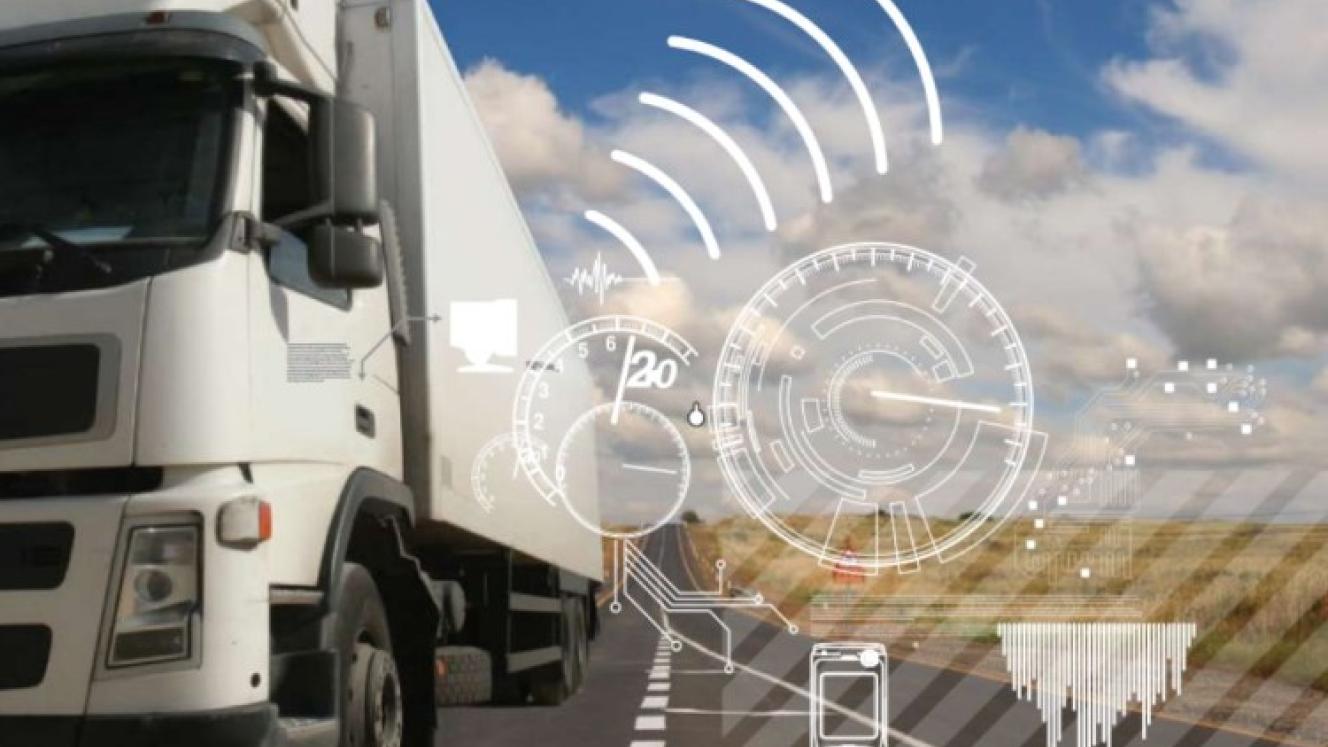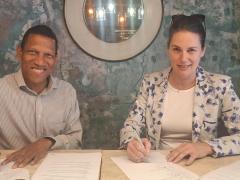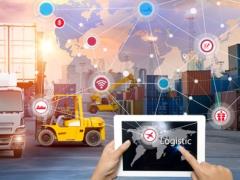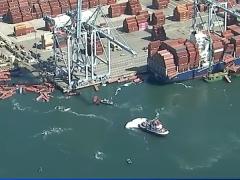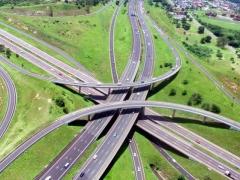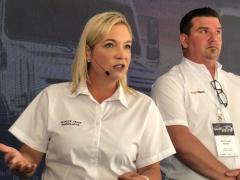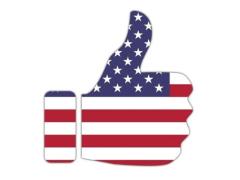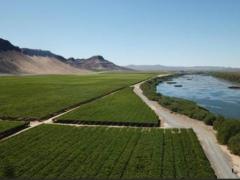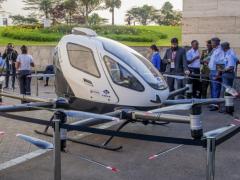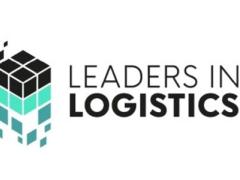Non-tariff barriers in several countries continue to pose major challenges to transporters who have to work their way through a bevy of restrictive and punitive legislation, levies and taxes. Most recently the Democratic Republic of the Congo implemented an income tax for transporters regardless of whether they are registered in the country or not. “The freight forwarder or the agent is the registered company in the DRC and should be paying the income tax, but in the Katanga province legislation requires the trucking company also to pay income tax. This has been gazetted and if transporters do not want to have their trucks impounded, they must pay,” says Barney Curtis, executive director of the Federation of East and Southern African Road Transport Associations (Fesarta). And pay they do – in some cases tax of up to $100 000 is charged to the transporters. “The matter has been taken up with the DRC central government as it is becoming increasingly problematic,” says Curtis. But rumours have it that the central government has no way of stopping Katanga province charging this income tax unless they move the entire border post to another region. “We have in the past just not placed enough emphasis on the non-tariff barriers,” says Curtis. “Comesa, SADC and the East African Community (EAC) have set up a non-tariff barrier system to address these barriers. At the moment though the system has no teeth and countries can get away with the charges they are levying.” Curtis says the challenge lies in getting the system functioning to its maximum level. “The system must have the authority to address countries that are not following procedures and that are offenders. It must also have a means of ensuring that action is taken against a country that introduces a punitive regulation.” He says that would bring about much more clout when dealing with transgressing countries instead of dealing with issues one at a time in a shotgun approach. “Much work is currently going into the development of this system so that it has the ability to bring countries into line,” he says.
